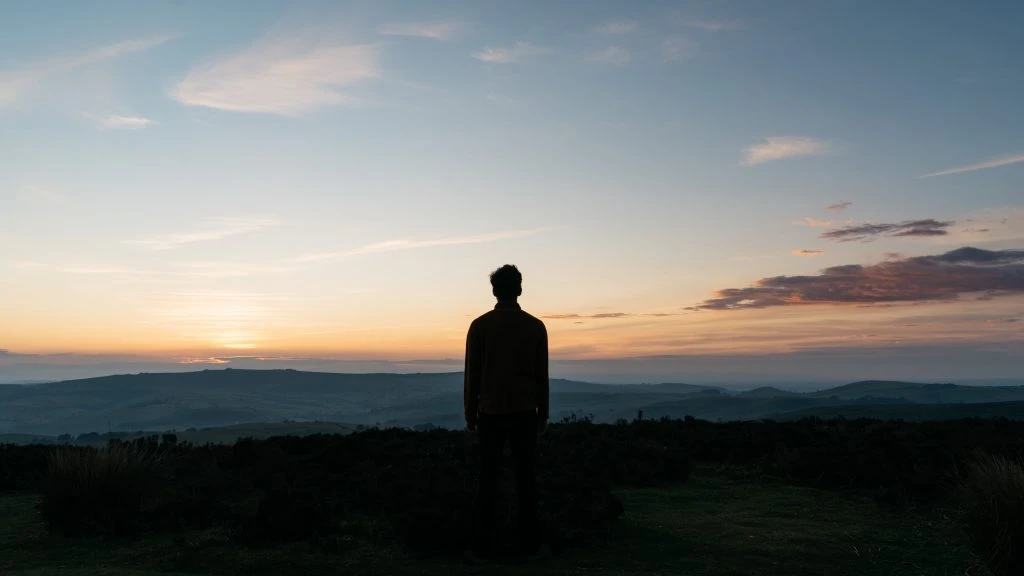
Fear of rejection may be the number one reason people stay in jobs that no longer serve them. Rejection can take us back to the moments of childhood when were chosen last for a team, turned down by our first crush, or laughed at during our first solo performance. It can remind us that we’re capable of failure, that we don’t deserve that position we’re certain we’re qualified for, and that we can’t outrun our problems. Here are a few tips for surviving the job search even when you’ve been rejected.
Detach yourself from the outcome of the interview.
Imagine walking into an interview confident, calm, and clearly communicating all of your professional achievements without caring about the job offer. What if you could simply showcase your professional expertise without needing validation in return? It would be incredibly freeing, right? The easiest way to do that is by detaching ourselves from the outcome of the interview process.
“Attachment is the great fabricator of illusions; reality can be obtained only by someone who is detached,” Simone Weil
Often people describe the job their interviewing for as ‘life-changing’, ‘career-defining’, or ‘the perfect’ opportunity but the truth is that no one job is ever going to be any of those things. In fact, you likely thought that when you were interviewing for the job you have now. When we convince ourselves that only one position or opportunity can provide us with happiness, we lose objectivity and diminish our capacity for negotiation.
See rejection as a sign of success.
In my first recruiting position, I was devastated by how many people would hang up on me during my first few weeks of cold calling. As I sat in my cubical in tears from all of the rejections, my colleague, Wes, offered me a bit of advice. He said that rejection was a sign that I was doing something right, that I’d made progress, and that I was taking a risk in learning something new. He then offered to buy me one Diet Coke for every five “No’s” I received. At that time, I was a broke Diet Coke junky, so I quickly agreed and went back to dialing the phone. By reframing how I looked at rejection, I could see it as a sign of progress to be celebrated. It also changed my attitude about the rejection, quickly resulting in more engaging calls and fewer hang-ups. Wes knew all along he wouldn’t have to buy very many sodas because he knew the power of reframing rejection. How we view rejection changes how we continue toward our goals.
Be willing to accept rejection.
If you’ve never been rejected professionally, it might mean you’re not taking enough risks. Rejection is a sign that you’ve tried something that is likely out of your comfort zone, such as interviewing. By understanding that rejection is not only possible but likely when we step out of our box, we can better prepare for the emotions that come with it.
Many people describe rejection as their souls being crushed but likely what they’re referring to is their emotional response to rejection that can sometimes take a physical form. As published in Psychology Today, studies show that the same areas of the brain become activated when we experience rejection as when we experience physical pain. So when rejection does come, take a deep breath and recognize the hurt feelings, loneliness, jealousy, guilt, shame, social anxiety, embarrassment, sadness, and anger are all common responses to rejection. Permit yourself to experience them but don’t wallow in them.
Recognize what rejection is teaching you
Rejection can also help you set your direction. Cam Adair, in his TedxFargo talk, says, “Rejection teaches you what you don’t want so you can learn what you do…Out of our biggest rejection comes our biggest sense of direction”. This is never truer than during the interview process if you choose to see it that way.
Many of us allow rejection to validate the worst things we believe about ourselves. Imposter syndrome is incredibly common during the interview process and, if we allow it, rejection can quickly validate those fears. That’s why it’s so important to push further into what we’re passionate about, follow our dreams, and push past the fear.
“God placed the best things in life on the other side of terror,” Will Smith
Finally, don’t let rejection define you.
When we identify with rejection, we allow it to define who we are. Choose, instead, to embrace the lesson, find gratitude for the unknown circumstances that the rejection is protecting you from, and move one step closer to the opportunity that is meant to be yours.


